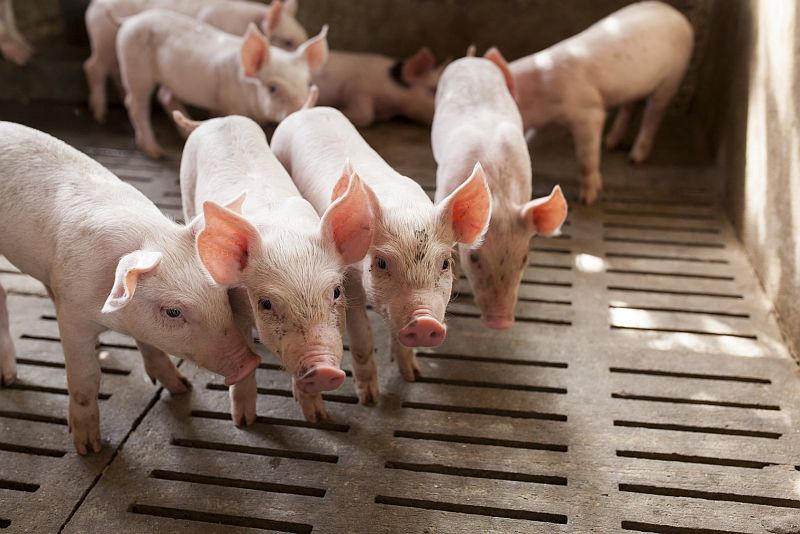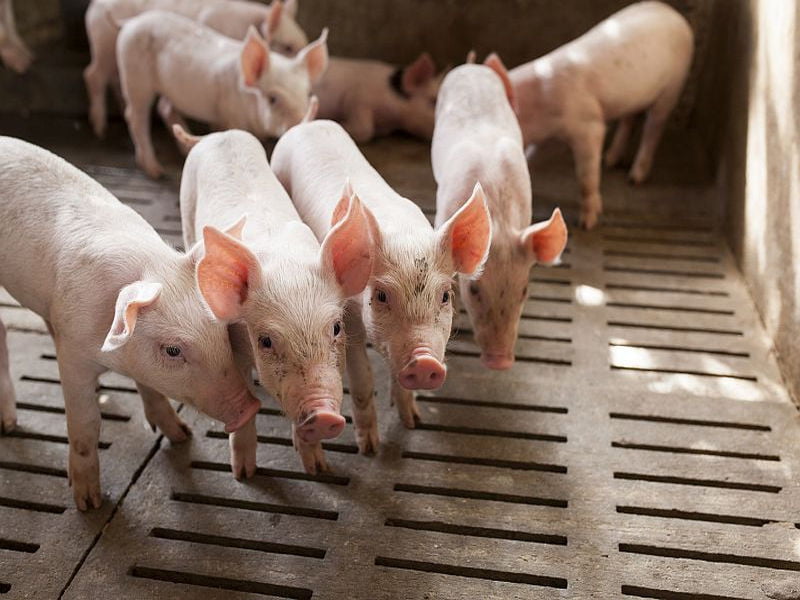
THURSDAY, April 14, 2016 — Use of antibiotics in farm animal feed is helping drive the worldwide increase in antibiotic-resistant bacteria, researchers report.
“In the fight against the rise of antibiotic resistance, we need to understand that the use of one antibiotic or, in some cases, antibacterial disinfectants may increase the abundance of multidrug-resistant bacteria,” said study leader James Tiedje. He is a professor of microbiology and molecular genetics at Michigan State University.
The research team studied large-scale swine farms in China and a population of pigs in the United States. The findings showed that multidrug-resistant bacteria were the norm, not the exception, on farms where antibiotics are used continuously in feed to promote growth and prevent disease in animals.
“Tracking the source of antibiotic resistance is quite complicated because antibiotic use, which increases the occurrence of resistance, is widespread, and antibiotic resistance can spread between bacteria,” Tiedje added in a university news release.
The Chinese farms in the study were close to large cities, so controlling antibiotic resistance in the pigs is important to minimize the risk to people, Tiedje explained.
This is a global issue, not an isolated Chinese issue, Tiedje said. “Multidrug resistance is just a plane ride away. This is why our work in China is definitely as relevant as in the United States,” he said.
The findings were published online April 12 in the journal mBio.
Antibiotics have been used so extensively that the bacteria they are intended to kill have adapted to them, making the drugs less effective, health experts say.
According to the U.S. Centers for Disease Control and Prevention, at least 2 million Americans a year become infected with antibiotic-resistant bacteria and at least 23,000 people die each year as a result of these infections.
[Source:- UPI]




